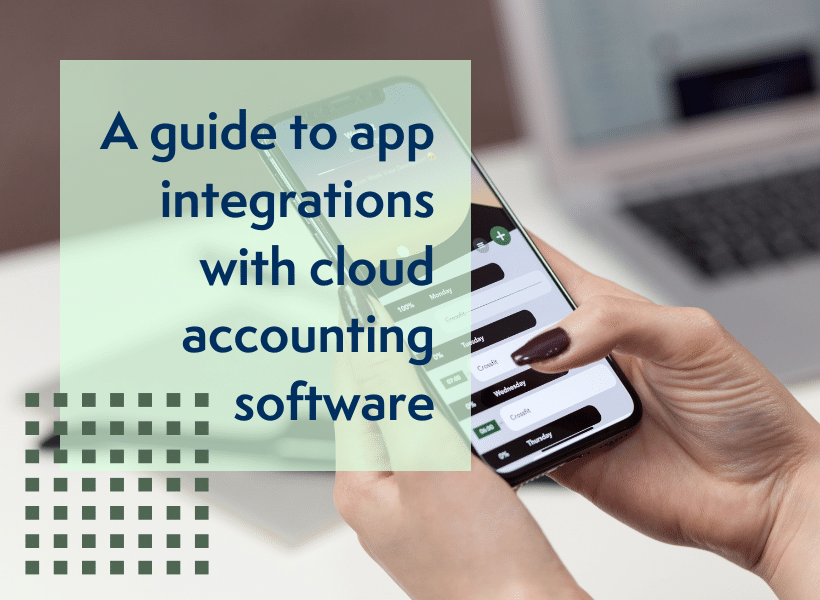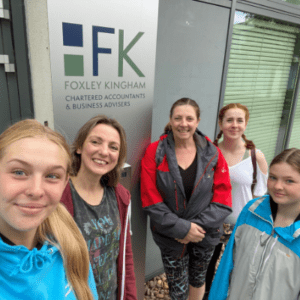Welcome to the Spring 2022 edition of ProActivity, providing an update on the announcements of the spring statement, and resulting implications for businesses and individuals.
FK Director Tara Aldwin offers her advice to businesses and individuals following the spring statement
The Chancellor, Rishi Sunak, gave his spring statement a few weeks ago. Now that we’ve all got our heads around what looks set to be a challenging future for most, both at home and for business, we caught up with Tara Aldwin, director at FK and GKP on the key points. Tara has offered some of her expert advice on planning ahead to try and negate some of the impact.
For business
The spring statement contained few major new tax changes affecting small and medium-sized enterprises (SMEs), with the promise of more reforms to come in the Autumn Budget. But it’s worth remembering that several previously announced measures have yet to come into force. These, teamed with rising costs of energy and fuel, as well as the pinch still being felt from the full impact of Brexit and the subsequent increased cost of imports and exports, means that businesses need to be on high alert.
So, what tax changes are on the horizon for businesses?
April 2022
- Employment Allowance for small businesses increases to £5,000
- National Insurance increases by 1.25% for employers and the self-employed until the new Health & Social Care Levy becomes a separate tax in April 2023 (announced in September)
- The lower profits limit for Class 4 National Insurance contributions paid by the self-employed increases to £11,908
- Dividend income tax rates increase by 1.25% (announced in September)
- Residential property developer tax is due to be introduced, bringing in a 4% tax on companies with profits above £25m (announced in the Autumn 2021 Budget)
- VAT on tourism and hospitality returns to the standard rate of 20% when the temporary 12.5% rate ends (announced in the Spring 2021 Budget)
July 2022
- The primary threshold above which Employers pay Class 1 National Insurance contributions increases to £12,570
April 2023
- Temporary increase in the Annual Investment Allowance to £1m ends, reducing to £200k, instead of at the end of December 2021 as originally planned (announced in the Autumn 2021 Budget)
- Corporation tax increases from 19% to 25% (announced in the Spring 2021 Budget)
- The super-deduction and 50% first-year capital allowances come to an end (announced in the Spring 2021 Budget)
- The business rates multiplier is unfrozen and 50% relief for retail, hospitality and leisure sectors ends (announced in the Autumn 2021 Budget)
- Research & Development tax credit restricted to UK domestic expenditure (announced in Autumn 2021 Budget)
- The lower profits limit for Class 4 National Insurance contributions paid by the self-employed increases to £12,570, bringing it into line with the income tax personal allowance
Now’s the time to be speaking to your accountant. Their expert advice can make sure your tax planning is as smart and efficient as possible – potential windows of relief are often not obvious to business owners but just investing the time for a free telephone appointment with your FK accountant and sound boarding your current situation and plans can present ideas. Tara’s advice:
“There are welcome changes such as the employer’s allowance change, but with other additions such as the rise in national insurance and national minimum wages to be paid by employers, it doesn’t solve the problem. The other issue when talking about wages is that employers now have the challenge of mitigating challenges in the labour market presented by rising inflation – wages will need to keep up if businesses want to retain staff.
Rising costs impact businesses as much as they do individuals, any business with physical locations will have increased costs and for those who purchase raw materials, the costs have soared in many areas – not forgetting the hike in shipping expenses partly introduced by Brexit but still set to grow further.
In general, there’s a big squeeze on business and although reductions in fuel duty and green reliefs for example will help, again they don’t solve the problem. Business leaders need to ask themselves how they can make things as efficient as possible – logistically what can be done to cut costs, what reliefs are available to allow investment in technologies that would improve efficiency? Arrange a call with your accountant and use their expertise to your advantage – a specialist can find out if there’s anything that they are doing that can help, whether that’s potential R&D tax credits or looking at smarter ways to retain tech-savvy staff. Your accountant can help you ensure sound financial management and provide a deeper understanding of costs.
A simple conversation can often bring transparency to where your money is going, what you can influence and what you can’t. What’s more, with cloud accounting now we have the data to underpin the conversation and provide good financial information in a really accessible way.”
For households
Official figures released in advance of the spring statement showed that inflation continued to rise. Prices rose by 6.2% in the 12 months to February, up from 5.5% in January. The latest Office for Budget Responsibility (OBR) report revealed that growth predictions for the UK economy were cut to 3.8% for 2022. What that means, in reality, is that the prices of the goods and services we purchase for both personal use and to do business are increasing whilst the purchasing value of money falls. The chancellor’s announced tax plans were aimed at easing some of that pressure:
- An increase to the threshold for National Insurance (NI) contributions by £3,000 from July. This means you won’t pay income tax or NI until you’re earning £12,570
- Basic rate income tax is planned to drop from 20% to 19% but not until April 2024
- Fuel duty was cut by 5 pence per litre
Whilst the cuts above are welcome, let’s not forget as announced in the Autumn Budget that the NI tax rate increased by 1.25% this month. This was introduced as a means to increase spending on health and social care and will be replaced in April 2023 by a new Health and Social Care Levy.
According to the ONS, salary rises are lagging behind inflation, with total pay growth up by 4.3% for the quarter to December 2021, far below the consumer price index. Again, adding pressure. We haven’t yet mentioned that energy, fuel and food producers have lifted their prices at the fastest rate since 2008, Ofgem estimates an average cost increase of 54% for households from 1 April – this alone will put pressure on most households.
Tara told us:
“People are really beginning to understand the reality of the situation as they feel it in their personal finances – whether the indicator is the price at the pumps, the energy direct debit or the price of the weekly shop. It’s impossible to advise everyone as, just with business, everyone’s situation is different. The first thing to do is understand where your money goes and where there are opportunities for change that could save you money. Just like the advice for business – be as efficient as possible wherever you can – in the supermarket, in the car and at home.”
As things get tighter it’s ever more important to be in control of your finances – to know what’s coming in and what’s going out, where things can be cut back to allow for the increase in the cost of living.
There are tools available that can help get to grips with your financial picture such as the Money Helper Budget Planner tool or the Citizens Advice Budget Tool. Knowing where every pound is being spent is an important step to being financially prepared and can allow you to save, get out of debt or prepare for retirement. The Guardian has published a calculator that allows you to find out how the tax and spending plans will affect your personal finances.
Tara added:
“It feels like there are still difficult times ahead, as we try to recover from the COVID-19 pandemic and come off the back of Brexit. But, time and time again, our clients have shown us as demonstrators that small businesses are adaptable, they can rise to these challenges and navigate their way through them and come out the other side of it. And if you do come out the other side of it, you’ll come out of it leaner and better than when you went in.
What I would say to businesses or individuals is to look at your financial data, make sure that it’s sound. This will help you to make better decisions based on data and consult it to see what you can influence and what you can control – because a lot of this is out of your control.”
To take up Tara’s advice and speak to a Foxley Kingham expert, you can arrange a free consultation here.











